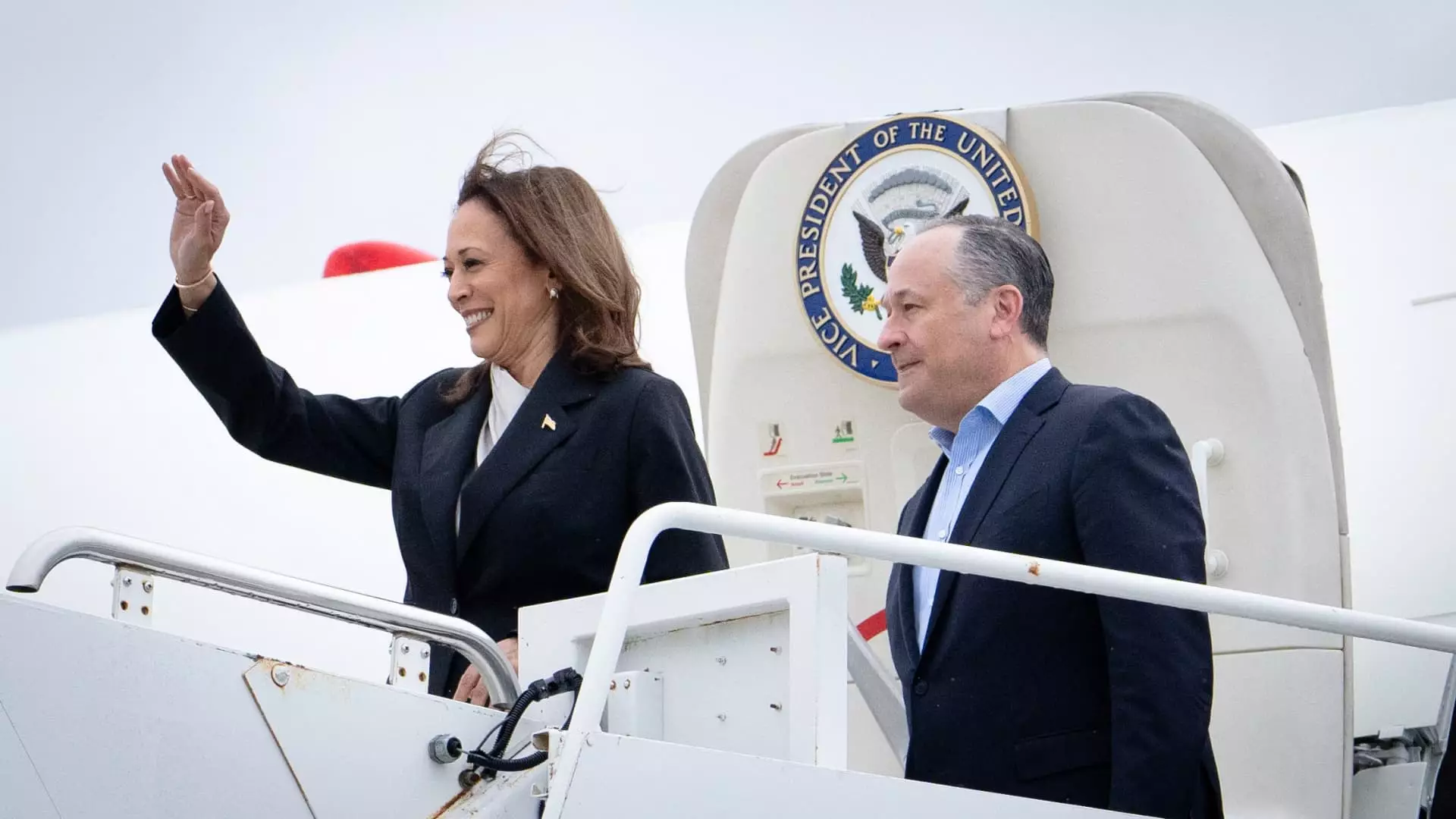Vice President Kamala Harris’ financial decisions are currently receiving attention as she embarks on a campaign for the presidency of the United States. Financial experts have analyzed her recent tax filings and concluded that while her financial approach during her vice presidency years was simple, it may have resulted in missed opportunities for tax savings and other financial strategies.
As stated by financial planner Craig Hausz, Harris’ tax returns are relatively basic, reflecting a straightforward financial strategy. However, despite the simplicity of her financial approach, experts believe that the couple may have overlooked potential tax deductions and tax-saving opportunities. This oversight could have been costly for individuals not in Harris’ financial position, as they can afford to miss out on these tax savings.
The analysis of Harris’ tax returns suggests that there were opportunities for a more aggressive tax approach to reduce liabilities. For instance, the report highlights that Harris could have taken more deductions, particularly concerning her book income. By maximizing deductions, Harris could have potentially reduced her tax liability and increased her savings. However, the conservative financial approach adopted by Harris may have prioritized simplicity over potential tax savings.
Another area of scrutiny in Harris’ financial strategy is the cash allocation reported in her tax filings. The substantial increase in bank account interest suggests significant cash allocations, posing concerns about missed growth opportunities in the stock market. While having ample cash reserves provides financial flexibility, the lack of investment in higher-yield assets may limit potential returns. Financial expert Catherine Valega advises that a balance between cash reserves and other investments should align with short-term financial goals to maximize growth.
Furthermore, analysis indicates that Harris could benefit from maximizing her contributions to tax-deferred retirement accounts to enhance her tax savings. By leveraging retirement plans such as a Thrift Savings Plan or a SEP IRA, Harris could boost her retirement savings and optimize her tax benefits. Despite her financial security stemming from past government roles, additional contributions to retirement accounts could further safeguard her financial future.
The critique of Kamala Harris’ financial strategies highlights missed opportunities for tax savings and growth potential in her financial portfolio. While her conservative and straightforward approach may provide stability, optimizing tax deductions and maximizing investments could enhance her long-term financial security. As she continues her political career and potentially assumes the presidency, reevaluating her financial strategies to align with her future goals may be beneficial for Harris and her financial well-being.


Leave a Reply